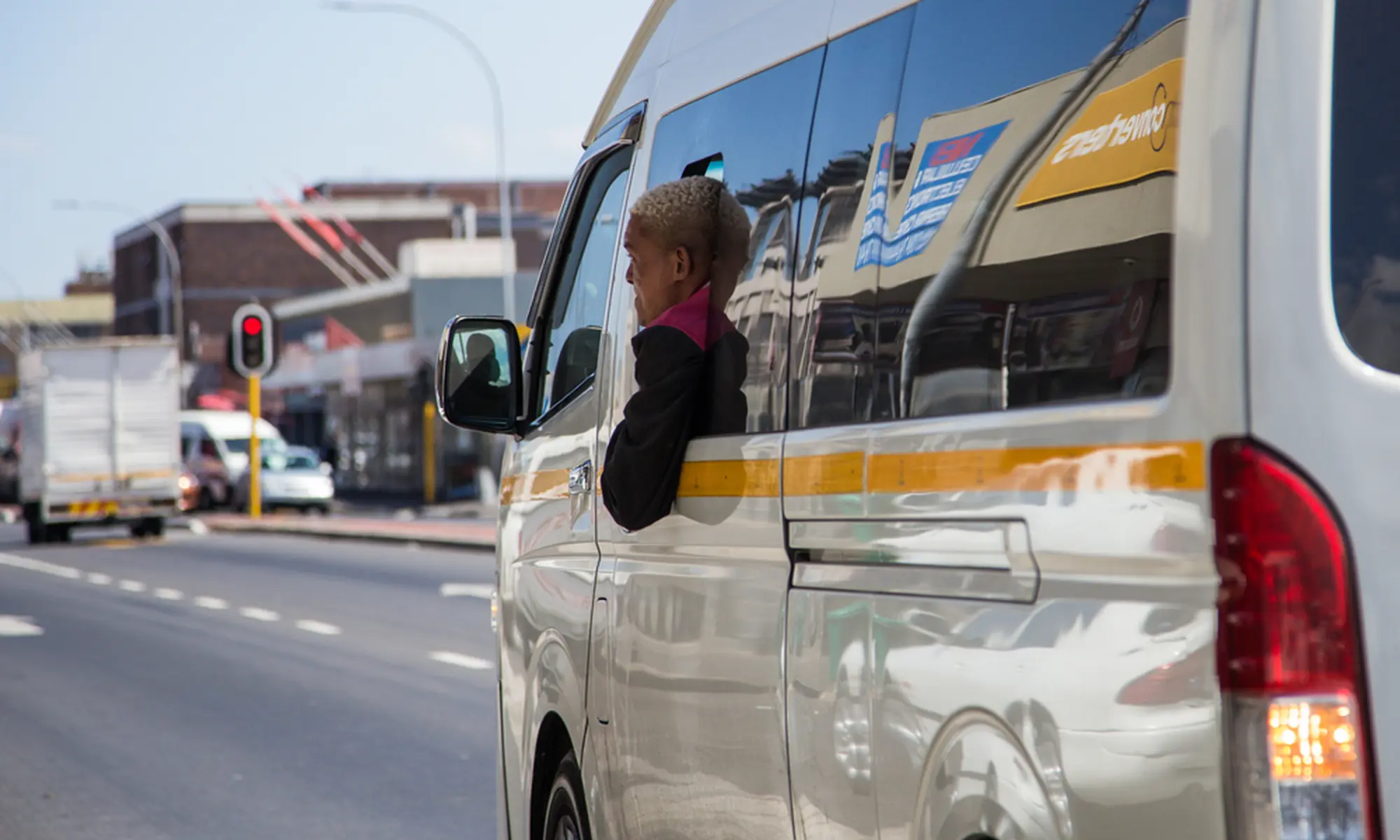We all have untapped skills that we can use to improve our finances
Values & Money , GamblingWhen he was a child, Johannes Masilela’s mother gave him money to get a few groceries from the local store where he lived in Dullstroom, a rural community in Mpumalanga. The responsibility of the task did not weigh on him, so on his way back from the store, he stopped to hang out with some boys. Having gambled away the change, he received a hiding from this mother that he still remembers to this day in his middle age.
Johannes, or Joe (as he prefers) says it was the first experience that made him realise the value of money and the impact it has on relationships.
The second revelation came when he was in matric. Joe witnessed a man crying and groaning, tears streaming down his face because he had gambled away his entire salary and had nothing to take home to his family. “I remembered the day I was given a hiding for gambling. Gambling is now my biggest fear because I have witnessed how it can destroy you,’ he says.
Joe says when he was growing up in Dullstroom, money was scarce. His mother was a domestic worker and his father a farm worker, but he was well taken care of. His parents didn’t have a lot of money, but they had cows - which equaled wealth - and the money they earned was used for school fees and food.
He left Dullstroom to start Grade 8 in Dennilton in Tshwane and later completed his matric at a private school in Sandton, Johannesburg, paid for by the owner of the farm where his parents worked. The family also gave him pocket money, which taught him an immense deal about spending responsibly.
“I would receive money every month and had to budget it properly to cover pocket money, school necessities and I also sent money home to my parents. I had to produce receipts to account for all my spending which taught me to be frugal,” he says. “By the time I started working I knew how to draw up a budget and how to save. My first achievement was to buy a car and when I got married, I bought my first home cash.”
Sadly, Joe didn’t complete his studies in mechanical engineering at university because of political and civil unrest in Durban at the time, but he went on to find work, get married, start a family and today he multitasks between his work as a floor manager at Builder’s Warehouse, running a successful football club and being a Heartlines values and money facilitator.
Joe says it was a great pleasure for him to teach listeners about values and money on iKwekwezi Fm in Ndebele. He was part of the five-week SABC vernacular radio series which reached millions of South Africans.
“My listeners were struggling financially because of the impact of the Coronavirus. Many have lost their jobs and they did not understand why I was talking to them about budgeting and saving. I had to be sensitive to their circumstances” he says. “I had to advise them to look at the little they had and spend it wisely to assist them in the future and teach them the importance of saving for a rainy day because we did not see the pandemic coming.”
Another issue that callers were concerned about is the high number of scams and pyramid schemes in their community.
“Peer pressure can be toxic because people go to extreme lengths to get money to compete with others for material belongings. I encouraged my listeners to stop comparing themselves with their neighbours and rather focus on being independent,” he says.
“We spoke about the importance of looking for new opportunities to make money now that people are sitting at home unemployed, such as starting a business like a spaza shop or anything related to your untapped skills. I also appealed to those who are wealthy to give back to their communities. People are suffering because of corruption, others are lining their pockets while their communities remain poor,” he adds.
Joe believes there is enough wealth to eliminate poverty in South Africa, and says government funding should be used to help young people pursue entrepreneurship.
“Sadly, youth unemployment is very high in South Africa.,We need to create opportunities to finance young people’s dreams so that they can think beyond having a job. But beyond that, we need to teach young people money skills so that they make good choices along the way. They should not find themselves in a situation where they are struggling because they did not save or budget for the future. By reaching them from a young age, we can break the cycle of poverty,” he says.
Joe is appealing to those in government, business and individuals to take responsibility to build South Africans.
“There is no need for South Africans to live in poverty, for people to be unemployed and for youth to be destitute. Let’s support one another and be better citizens.”
Featured






